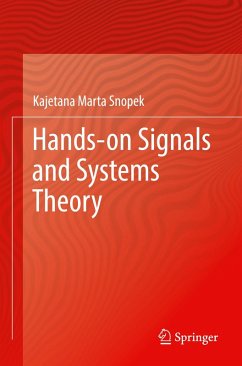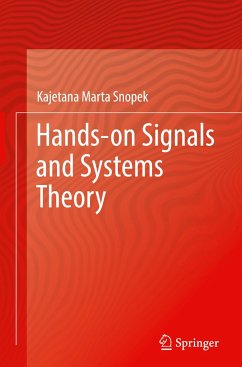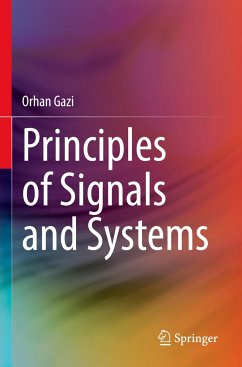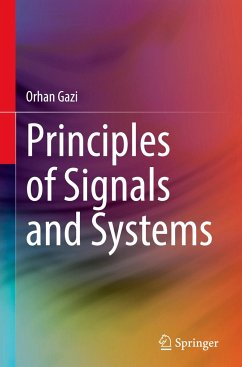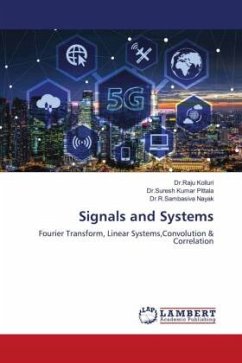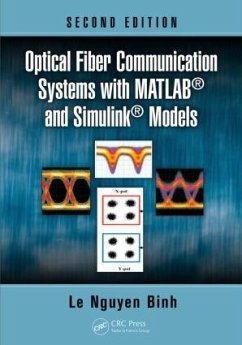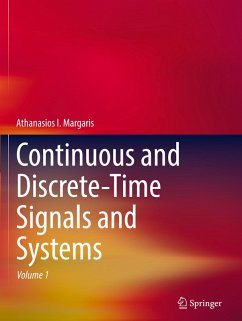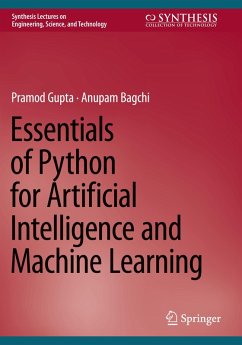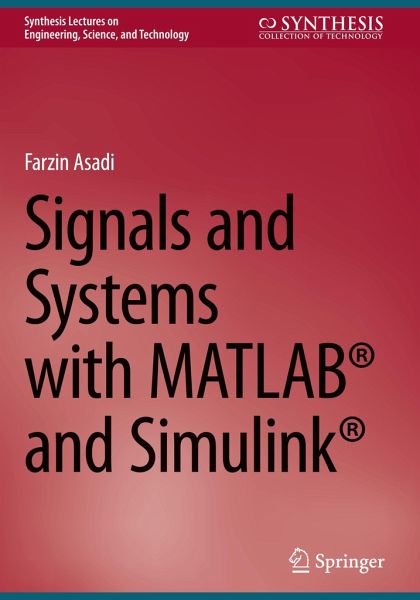
Signals and Systems with MATLAB® and Simulink®
Versandkostenfrei!
Versandfertig in 6-10 Tagen
49,99 €
inkl. MwSt.
Weitere Ausgaben:

PAYBACK Punkte
25 °P sammeln!
This textbook provides a compact but comprehensive treatment that guides students to solve Signals and Systems problems using MATLAB®/Simulink®. Ideal as a hands-on source for courses in Signals and Systems or Control Systems, this text focuses on solving problems using market-standard software, corresponding to all key concepts covered in the classroom. The author uses his extensive classroom experience to guide students toward deeper understanding of key concepts, while they gain facility with software they will need to master for later studies and practical use in their engineering career...
This textbook provides a compact but comprehensive treatment that guides students to solve Signals and Systems problems using MATLAB®/Simulink®. Ideal as a hands-on source for courses in Signals and Systems or Control Systems, this text focuses on solving problems using market-standard software, corresponding to all key concepts covered in the classroom. The author uses his extensive classroom experience to guide students toward deeper understanding of key concepts, while they gain facility with software they will need to master for later studies and practical use in their engineering careers.




